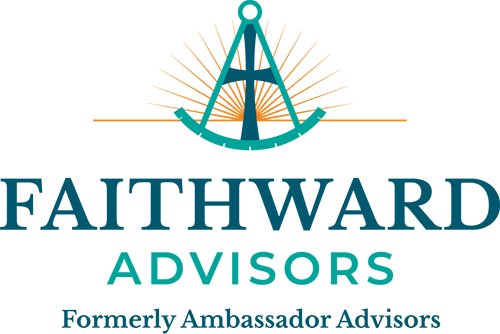-

-
275 Hess Boulevard
Directions
Lancaster, PA 17601 -
Call
717.560.8300 -
Fax
717.833.6303
- contact us
Financial Services


Investing in the future of your family may be your top priority. You know that your wealth must be managed wisely to produce the outcome you most desire: a God-honoring family that is unified and enduring. As you begin laying the foundation for success, you become increasingly aware of just how unique each member of your family is. Everyone is at a different stage of life and ability level. You may begin to wonder, “How can we work together well?”
Allow us to demonstrate the efficacy of a family legacy plan.
A married couple—we’ll call them Jim and Gwen—are highly successful entrepreneurs who’ve accumulated wealth that will long outlast them. They have two children, Ethan and Ellie, ages 15 and 10, respectively.
As first-generation wealth creators, Jim and Gwen are concerned. Ethan and Ellie were born into abundance, so how will they develop the same work ethic and integrity that define their parents? Although they have always been a close-knit family, they notice recently that Ethan is withdrawing more, and Ellie is feeling left out of the family affairs. After learning from their financial advisor about the importance of family financial legacy education, the family begins implementing the skills they’ve acquired to bolster family connections.
Ethan, age 15, is being mentored by his dad to develop the specific skill sets he needs to be cultivating at his age. One of these skills is “self-awareness and reflection.” They decide to model this skill for Ethan by including him in conversations they have at the end of each workday. They tell Ethan about their daily interactions with their clients. Jim shares how he feels he could have handled some situations differently, as well as what he thinks he did well. Gwen does the same, and both invite Ethan to reflect on his day at school and share what he has learned about himself.
Although teenager Ethan may not seem enthusiastic or engaged, the skill has been shared and will continuously be referenced; therefore, it will become a part of Ethan’s daily thought life. He will learn to reflect on his life naturally without prompting.
Ellie, age 10, is in Stage 1. She eagerly wants to help her parents. They appreciate her enthusiasm and wonder how best to include her. Gwen and Jim learn that one of the skills appropriate for Ellie’s age is “curiosity and a love of discovery.” They decide to take Ellie with them to the farm where the entrepreneurial venture began. They teach Ellie how to plant seeds, water them, and then explain that she must wait patiently for them to grow. With that conversation, they have made Ellie aware of another age-appropriate skill: “follow-through.”
Every few days, Jim and Gwen update Ellie on how the produce is growing. When it is fully ripe and ready, the whole family takes a trip to the farm to see the fruits of her labor. They celebrate her accomplishments and explain how her produce will be used in a way that supports the family and blesses their customers.
The example of this family reveals how simple it is to integrate necessary life skills in age-appropriate, tangible ways. Although your family may be in an entirely different situation, the effectiveness of the methodology remains the same for building your family legacy.
Please reach out to Faithward Advisors for more information. We’re here to answer any questions you may have!
Source: Building a Strong and Connected Family of Wealth. Allred/DuFuria/Goldbart, Trusts & Estates
Securities offered through American Portfolios Financial Services, Inc. of Holbrook, New York, 631.439.4600,(APFS), member FINRA, SIPC. Faithward Advisors is not owned or operated by APFS. Faithward Advisors offers Investment Advisory services through Ambassador Advisors, an SEC Registered Investment Advisor. Dream More, Plan More, Do More is a registered trademark of Faithward Advisors, LLC, Reg. U.S. Pat. & Tm. Off.